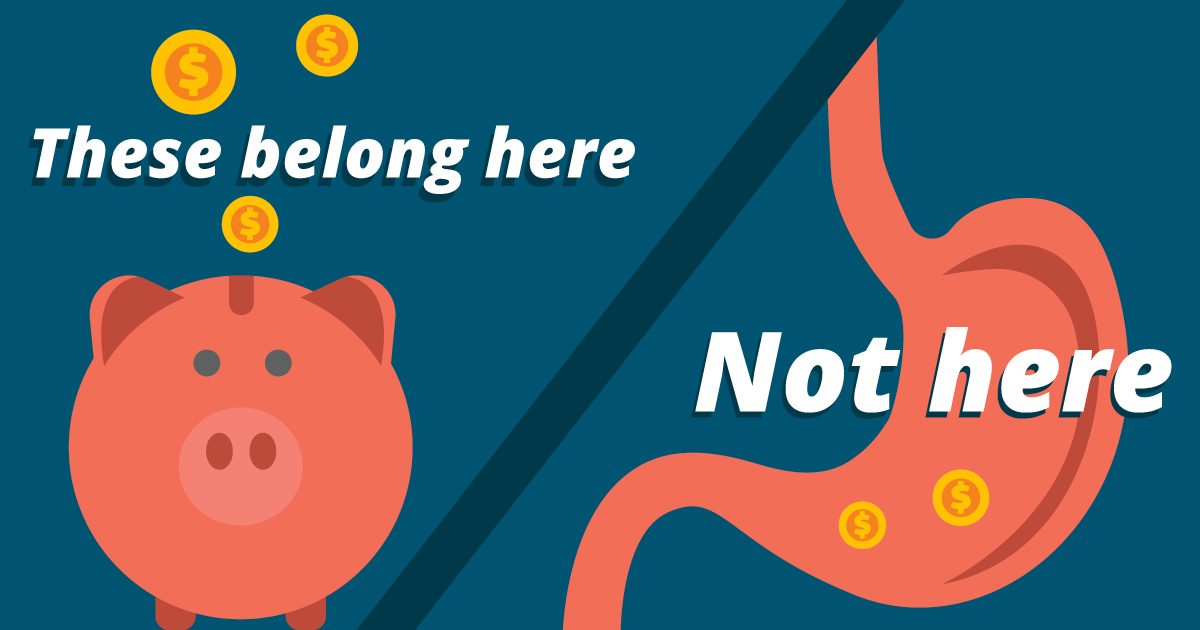
May 23, 2019—Curious kids who get their hands on small objects, like batteries or coins, can be seriously injured if they swallow them. And swallowing incidents like these have increased significantly since the mid-1990s, a study in the journal Pediatrics showed.
Over a period of 21 years, nearly 760,000 children under 6 were taken to emergency rooms (ERs) because they potentially swallowed something they shouldn't. Most of those kids were between 1 and 3 years old. And over 10% of those kids had to stay in the hospital as a result.
Coins were the items most often swallowed, followed by toys, jewelry and batteries.
Worryingly, the number of swallowing incidents nearly doubled during the study period. They increased from about 61 incidents a day in 1995 to 118 a day in 2015.
Button batteries: A key concern
Batteries were involved in a fairly small number of incidents overall. But they can be especially dangerous.
Most cases involve small button-shaped batteries often used in toys, key fobs and greeting cards. Young children may be drawn to them because they're small and shiny. But if swallowed, even "dead" batteries still hold enough electrical charge to cause internal burns.
What parents can do
In recent years, manufacturers and safety advocates have tried to make toys, batteries and magnets safer. But many still pose risks. Here are some steps you can take to protect young children in your home:
Keep temptation out of reach. Put loose change and other small items up high, where kids can't reach them. If possible, keep button batteries and high-powered magnets (like those found in some toy sets) locked away.
Secure household devices. If you have devices at home that use button batteries, make sure the batteries can't fall out. This includes items such as remote controls, toys and electric candles. It's a good idea to tape the battery compartments shut.
Follow age recommendations when buying toys. These safety recommendations should be listed on the toy's packaging or label.
Get help promptly. Call a doctor or the poison hotline at 800.222.1222 if you think a child has swallowed something dangerous. If you suspect your child swallowed a button battery or a magnet, call 911 or go to the ER right away.